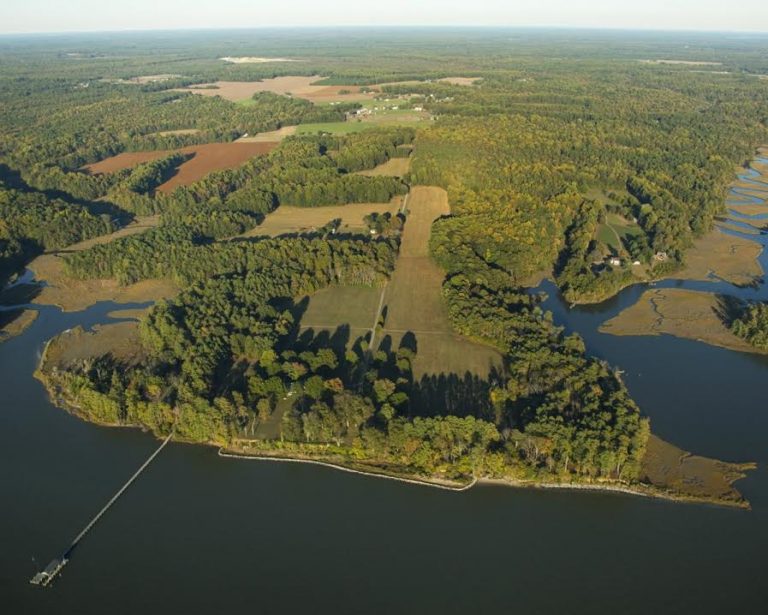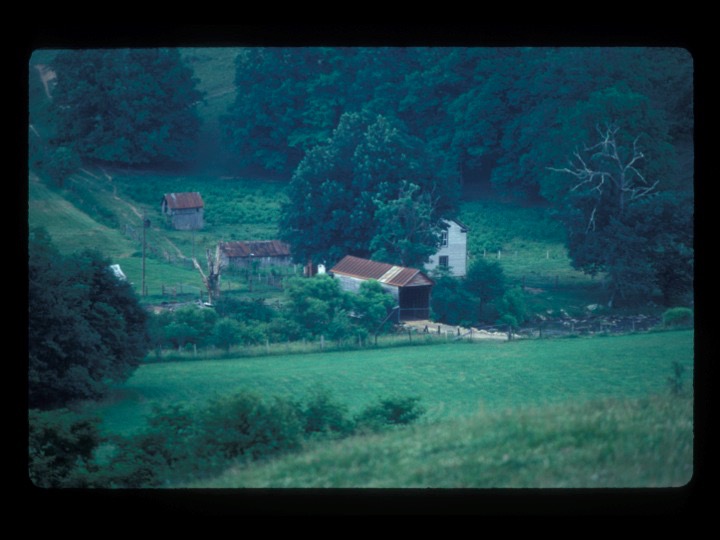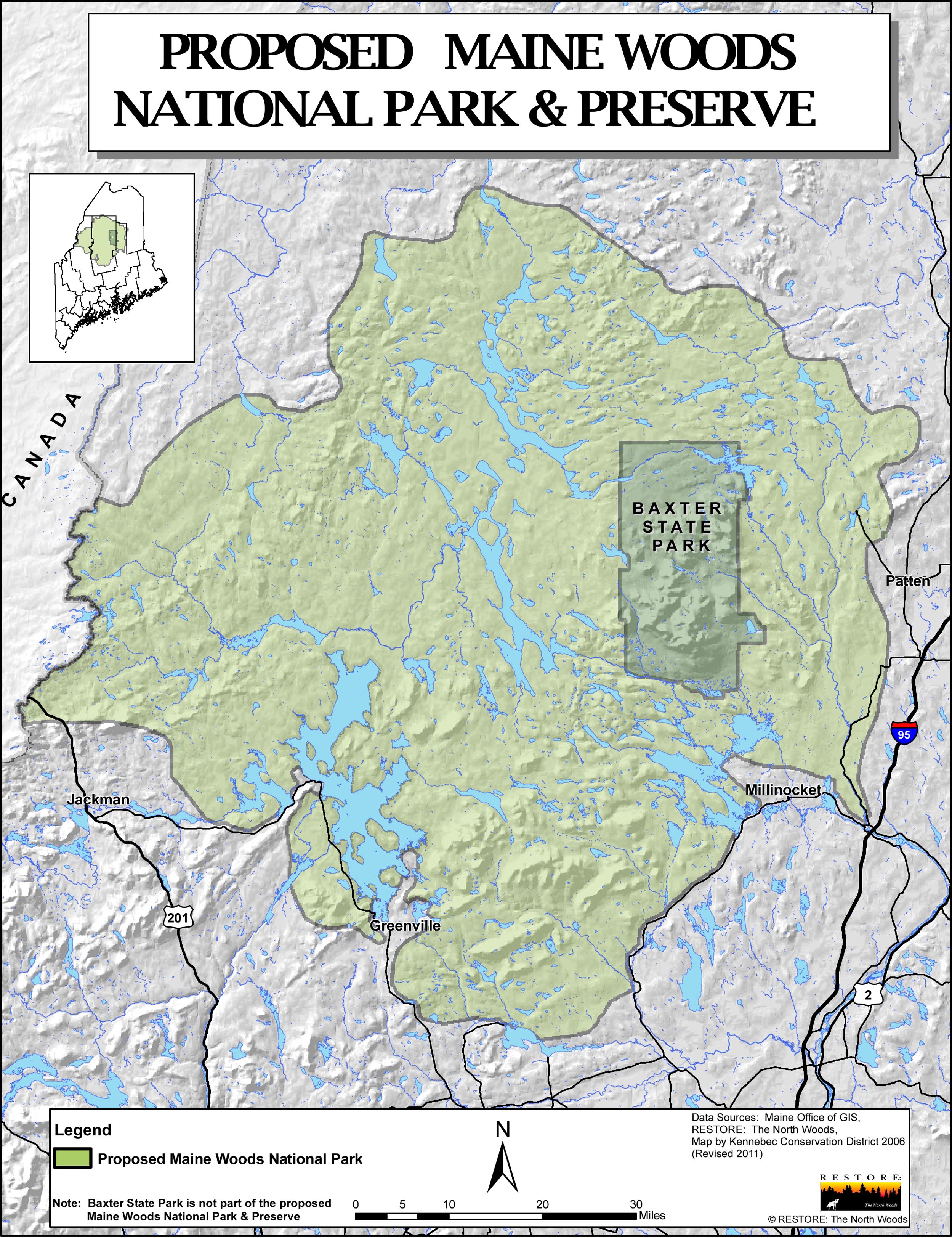To provide observations and information on the emerging fields of landscape scale conservation, heritage preservation, and sustainable community development.
Newsletter
Stay up-to-date with the latest nature, culture and community news.
We won’t spam you or share your information. Newsletters are sent approximately 10 times a year. Unsubscribe at any time.

Protecting America’s Long Trails
October, 2018, marks the 50th anniversary of two remarkable federal laws: the National Trails System and Wild and Scenic Rivers Acts. Both laws set up ways that the federal government can assist in protecting and operating “long, skinny corridors” for recreation and heritage resource preservation. The key to the success of these corridors across the landscape and along our waterways has always been partnerships. Federal agencies working with private citizens and dedicated volunteers, have created irreplaceable links to our cultural and natural heritage.

Some Lessons from Appalachian Traditional Cultural Places
A recent report prepared at the request of the Greater Newport Rural Historic District Committee – whose National Register-listed district is one of several identified rural historic districts transected by the route of the proposed Mountain Valley Pipeline (MVP) across the Appalachians assesses whether the impacted districts met the criteria for a traditional cultural places” (or properties) – that is “TCPs” – per National Register Bulletin 38.

Politicians, Conservationists, And National Parks
Creating new national parks and protecting public lands on a landscape scale is not for the faint of heart. An analysis of the ongoing debate over a possible national park in Maine’s North Woods as well as the long-running efforts to resolve land-use practices on millions of federal acres in Utah highlight some of the challenges. While the rhetoric is intense left on the sidelines is the American public and the most affected communities, what do they think?

Landscape of Loss: Defending the Appalachian Trail
For many of us folks on the eastern seaboard the Appalachian Trail (AT) is our National Park. The trail links communities from Maine to Georgia

Protecting America’s Long Trails
October, 2018, marks the 50th anniversary of two remarkable federal laws: the National Trails System and Wild and Scenic Rivers Acts. Both laws set up ways that the federal government can assist in protecting and operating “long, skinny corridors” for recreation and heritage resource preservation. The key to the success of these corridors across the landscape and along our waterways has always been partnerships. Federal agencies working with private citizens and dedicated volunteers, have created irreplaceable links to our cultural and natural heritage.

Some Lessons from Appalachian Traditional Cultural Places
A recent report prepared at the request of the Greater Newport Rural Historic District Committee – whose National Register-listed district is one of several identified rural historic districts transected by the route of the proposed Mountain Valley Pipeline (MVP) across the Appalachians assesses whether the impacted districts met the criteria for a traditional cultural places” (or properties) – that is “TCPs” – per National Register Bulletin 38.

Politicians, Conservationists, And National Parks
Creating new national parks and protecting public lands on a landscape scale is not for the faint of heart. An analysis of the ongoing debate over a possible national park in Maine’s North Woods as well as the long-running efforts to resolve land-use practices on millions of federal acres in Utah highlight some of the challenges. While the rhetoric is intense left on the sidelines is the American public and the most affected communities, what do they think?

Landscape of Loss: Defending the Appalachian Trail
For many of us folks on the eastern seaboard the Appalachian Trail (AT) is our National Park. The trail links communities from Maine to Georgia


